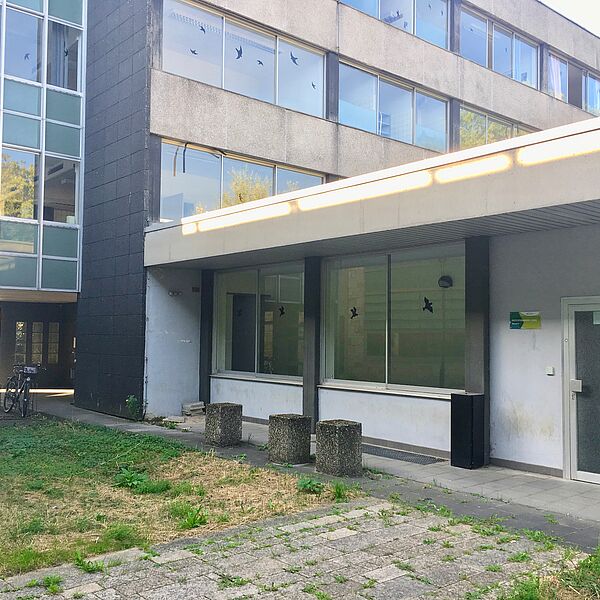Our Research Data Management Services
Research data management according to the FAIR principles secures the value of your data in the long term. The service center offers researchers at Hochschule Geisenheim University customized consulting and training as well as IT tools for research data management. Our services include in particular:






